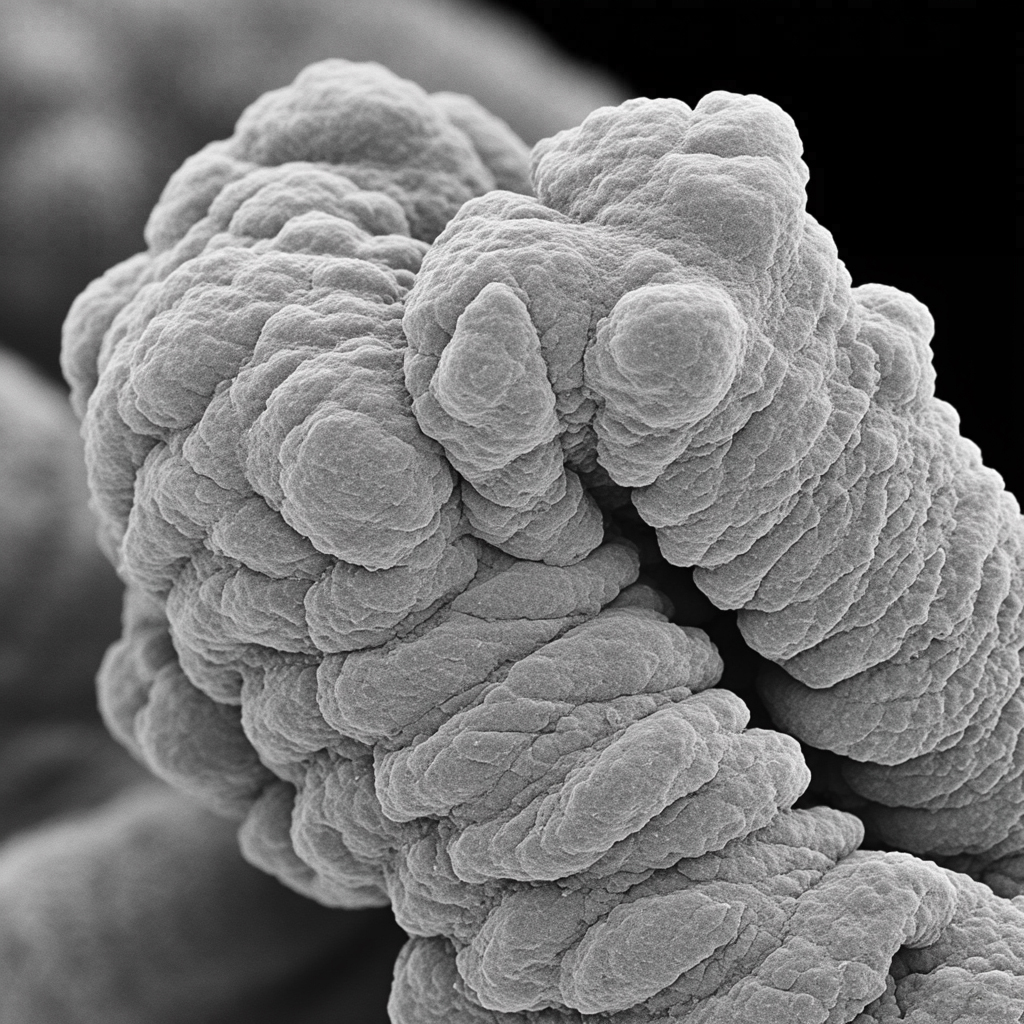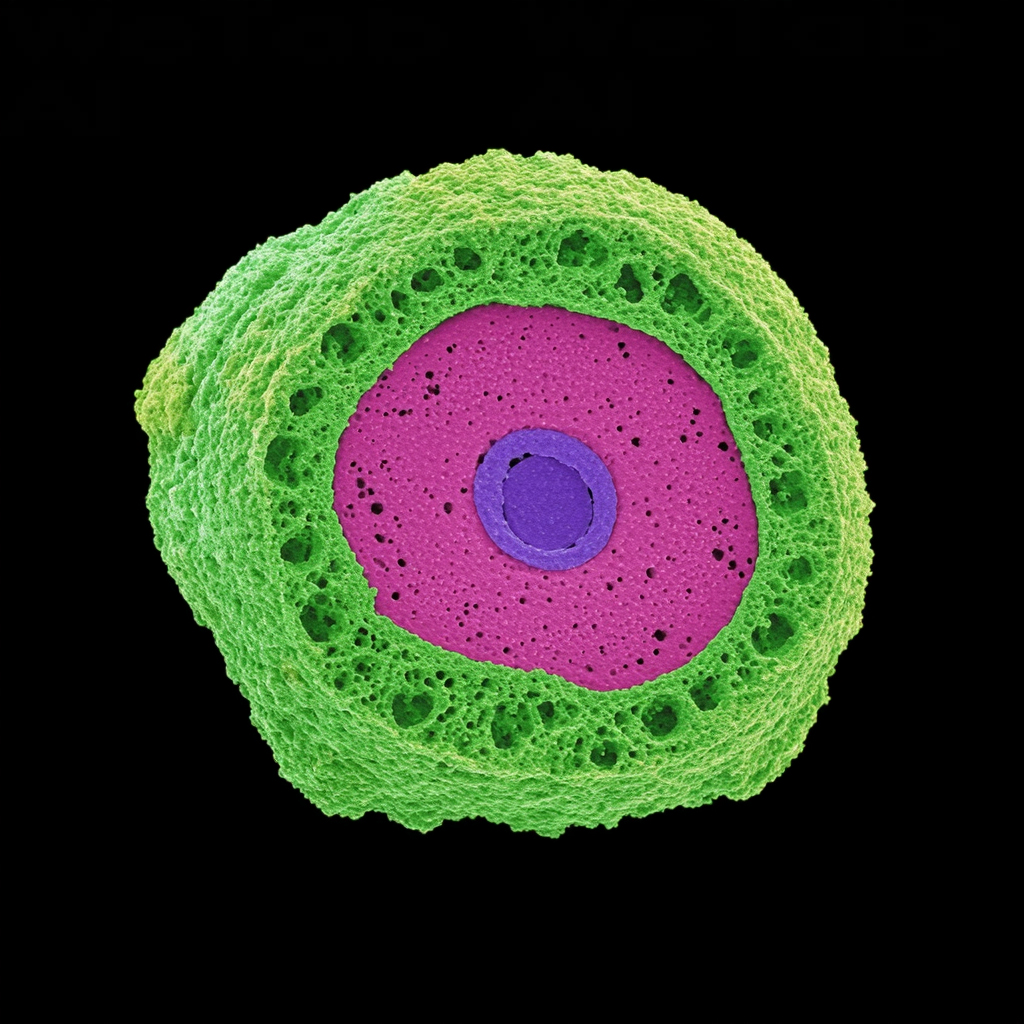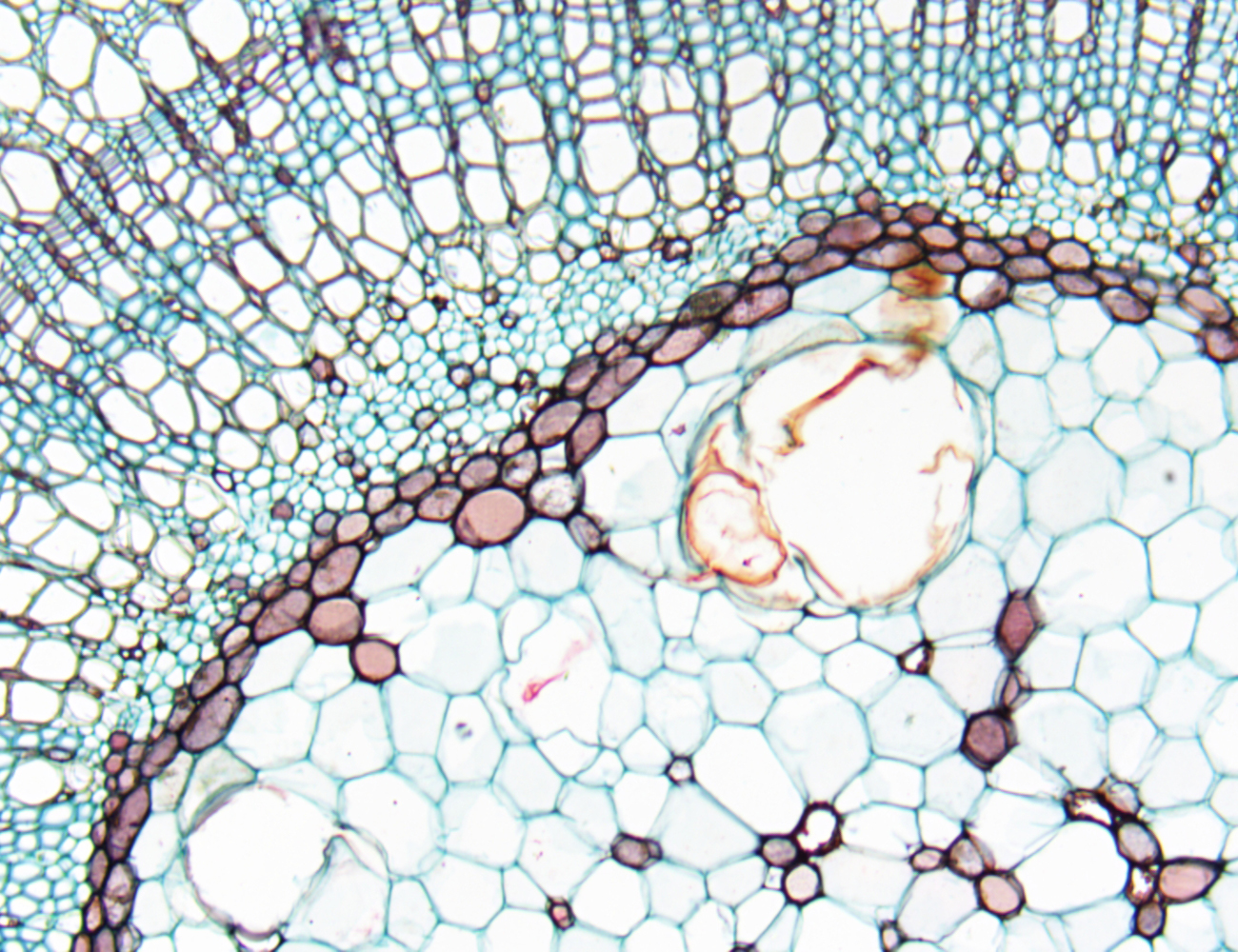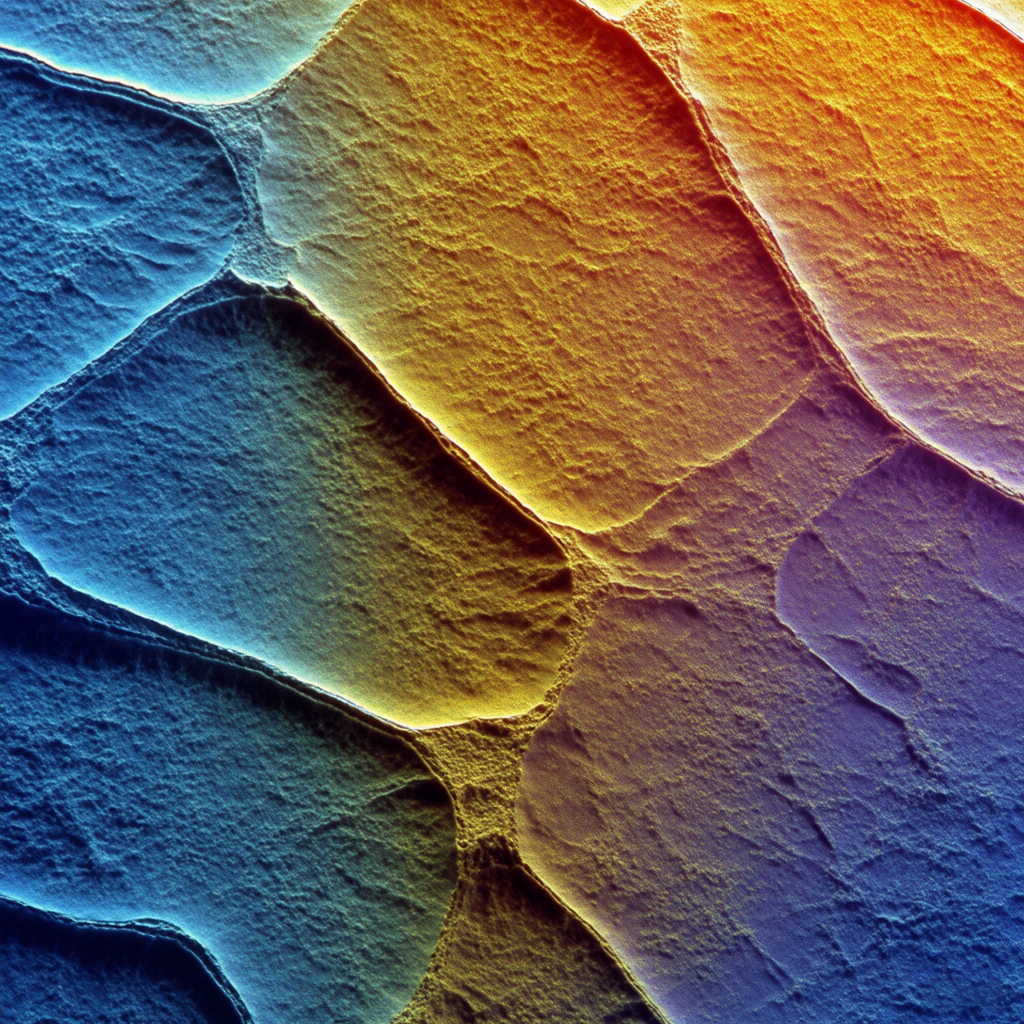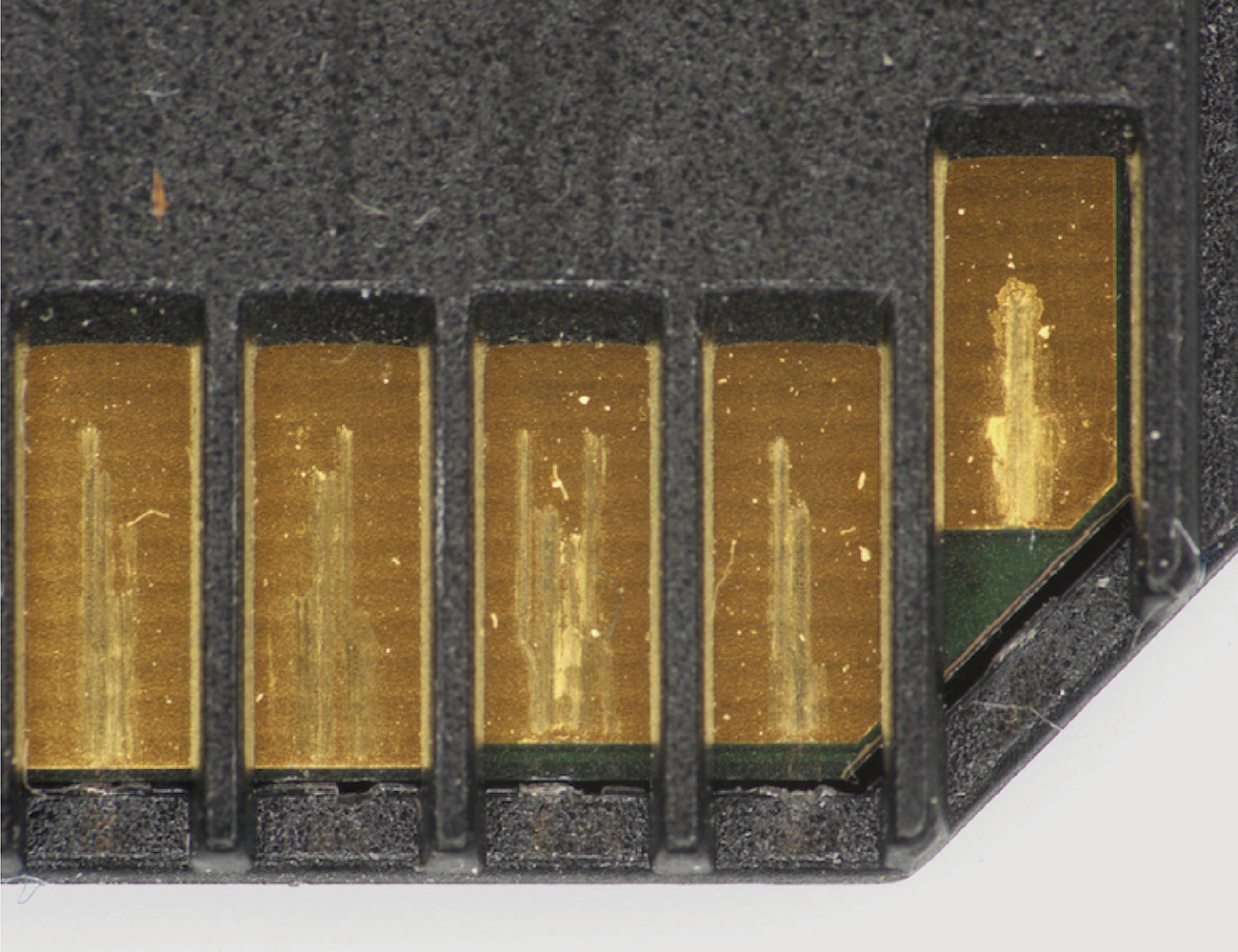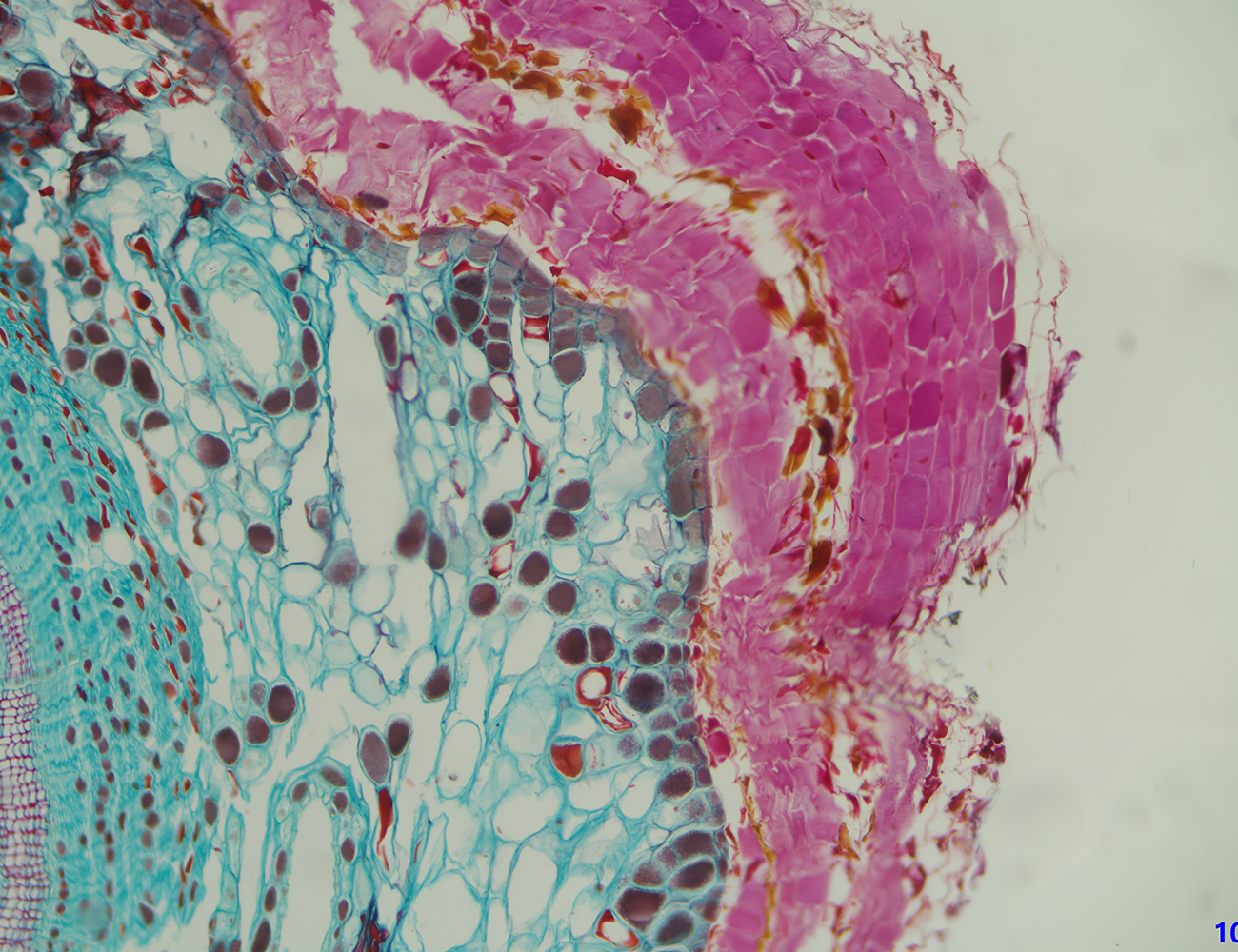LCMOS Series
Product Introduction
The LCMOS series features USB2.0 microscopy cameras with integrated buffer memory near the sensor on the circuit board to smooth burst data and enhance link anti-jitter capability, achieving more stable real-time transmission under 480 Mbit/s bandwidth. The front-end adopts a standard 23.2 mm eyepiece tube direct-insertion structure with built-in reducer to proportionally reduce objective lens imaging, providing better field-of-view matching with sensor size while reducing vignetting. Compatibility with additional teaching and stereo microscopes is achieved through 23.2→30 / 23.2→30.75 mm adapter sleeves. Resolution coverage spans approximately 1.2–14 MP, suitable for educational, routine scientific research, and general microscopy documentation applications. Select models offer C-mount (stainless steel bayonet) versions for convenient integration with standard microscopy/industrial optical systems. Included ToupView/ToupLite software and cross-platform SDK support (Windows/Linux/macOS/Android) facilitate system integration and secondary development.
Product Features
- 23.2 mm eyepiece tube direct-insertion design with built-in reducer for better field-of-view to sensor matching and reduced vignetting (model/optical path dependent)
- Resolution coverage of approximately 1.2–14 MP (model dependent), meeting educational and general microscopy documentation requirements
- USB2.0 (480 Mbit/s) data link with plug-and-play operation and excellent compatibility
- Onboard buffer design adjacent to sensor: improves transmission stability and reduces frame loss and bandwidth jitter effects
- Sensor: Aptina (onsemi) and other high-sensitivity CMOS sensors (model dependent) with low-noise imaging
- Ultra-Fine color processing engine: Demosaic, AE/AGC, AWB/one-click white balance, color correction, gamma, brightness/contrast/saturation, LUT
- Supports automatic/manual exposure with ROI metering and image flipping (model dependent)
- Compatible with 23.2→30 / 23.2→30.75 mm adapter sleeves for broader tube diameter compatibility
- (Optional) C-mount stainless steel bayonet versions for convenient integration with standard optical systems (model dependent)
- Metal CNC housing balancing durability, heat dissipation, and electromagnetic shielding
- Includes ToupView/ToupLite; provides Windows / Linux / macOS / Android SDK (compatible with DirectShow / TWAIN)
Product Models
Select the LCMOS Series that fits your application requirements
| Product Model | Effective Pixels | Sensor Size | Shutter Type | Frame Rate (FPS) | Sensor Type | Data Interface | Color | Actions |
|---|---|---|---|---|---|---|---|---|
| LCMOS14000KPA | 14MP (4096×3288) |
5.73mm × 4.60mm
1/2.3" (TBD)
|
Rolling Shutter |
2.7 fps@4096×3288
10 fps@2048×1644
35 fps@1024×822
|
MT9F002 (C) | USB2.0 | Color | View Details |
| LCMOS12000KPA | 12MP (3840×3040) |
5.95mm × 4.71mm
1/2.1" (TBD)
|
Rolling Shutter |
3 fps@3840×3040
11 fps@1920×1516
47 fps@960×758
|
IMX577 (C) | USB2.0 | Color | View Details |
| LCMOS10000KPA | 10MP (3584×2748) |
5.56mm × 4.26mm
1/2.3" (TBD)
|
Rolling Shutter |
3.3 fps@3584×2748
12 fps@1792×1374
53 fps@896×684
|
IMX577 (C) | USB2.0 | Color | View Details |
| LCMOS09000KPA | 9MP (3488×2616) |
5.41mm × 4.05mm
1/2.4" (TBD)
|
Rolling Shutter |
3.5 fps@3488×2616
13 fps@1744×1308
55 fps@872×654
|
Special (C) | USB2.0 | Color | View Details |
| LCMOS08000KPA | 8MP (3264×2448) |
5.06mm × 3.79mm
1/2.5" (TBD)
|
Rolling Shutter |
4 fps@3264×2448
15 fps@1600×1200
62 fps@800×600
|
Special (C) | USB2.0 | Color | View Details |
| LCMOS05100KPA | 5.1MP (2592×1944) |
5.70mm × 4.28mm
1/2.5" (TBD)
|
Rolling Shutter |
7.0 fps@2592×1944
27.7 fps@1296×972
100.5 fps@648×486
|
AR0521 (C) | USB2.0 | Color | View Details |
| LCMOS03100KPB | 3.1MP (2048×1536) |
5.12mm × 3.84mm
1/2.8" (TBD)
|
Rolling Shutter |
11.5 fps@2048×1536
29.5 fps@1024×768
|
IMX123 (C) | USB2.0 | Color | View Details |
| LCMOS01300KPA | 1.3MP (1280×1024) |
4.60mm × 3.70mm
1/3" (TBD)
|
Rolling Shutter |
15 fps@1280×1024
26 fps@640×512
48 fps@320×256
|
MT9M111 (C) | USB2.0 | Color | View Details |
| LCMOS01200KPB | 1.2MP (1280×960) |
4.80mm × 3.60mm
1/3" (TBD)
|
Rolling Shutter |
28 fps@1280×960
30 fps@640×480
|
AR0130 (C) | USB2.0 | Color | View Details |
| LCMOS10000KPA (Discontinued) | 10MP (3584×2748) |
5.98mm × 4.59mm
1/2.3" (TBD)
|
Rolling Shutter |
3.7 fps@3584×2748
13 fps@1792×1374
35 fps@896×684
|
MT9J003 (C) | USB2.0 | Color | View Details |
| LCMOS09000KPB (Discontinued) | 9MP (3488×2616) |
5.83mm × 4.37mm
1/2.4" (TBD)
|
Rolling Shutter |
3.9 fps@3488×2616
15 fps@1744×1308
47 fps@872×654
|
Special (C) | USB2.0 | Color | View Details |
| LCMOS08000KPB (Discontinued) | 8MP (3264×2448) |
5.45mm × 4.09mm
1/2.5" (TBD)
|
Rolling Shutter |
4.4 fps@3264×2448
17 fps@1600×1200
55 fps@800×600
|
Special (C) | USB2.0 | Color | View Details |
| LCMOS05100KPA (Discontinued) | 5.1MP (2592×1944) |
5.70mm × 4.28mm
1/2.5" (TBD)
|
Rolling Shutter |
6.8 fps@2592×1944
18 fps@1280×960
55 fps@640×480
|
MT9P001 (C) | USB2.0 | Color | View Details |
| LCMOS03100KPA (Discontinued) | 3.1MP (2048×1536) |
6.55mm × 4.92mm
1/2" (TBD)
|
Rolling Shutter |
11.5 fps@2048×1536
32 fps@1024×768
45 fps@680×510
|
MT9T001 (C) | USB2.0 | Color | View Details |
| LCMOS03100KPB (Discontinued) | 3.1MP (2048×1536) |
5.12mm × 3.84mm
1/2.8" (TBD)
|
Rolling Shutter |
12 fps@2048×1536
48 fps@1024×768
48 fps@680×510
|
IMX036 (C) | USB2.0 | Color | View Details |
| LCMOS02000KPB (Discontinued) | 2.0MP (1600×1200) |
5.12mm × 3.84mm
1/2.6" (TBD)
|
Rolling Shutter |
16 fps@1600×1200
40 fps@800×600
|
Special (C) | USB2.0 | Color | View Details |
Product Overview
Professional features of LCMOS series microscopy imaging cameras
The LCMOS series is a high-sensitivity, high-performance USB 3.0 CMOS microscopy imaging camera launched by Tucsen, specifically designed for high-end microscopy applications including fluorescence, low-light, and research applications. This camera series features Sony Exmor/Exmor R back-illuminated CMOS sensors with ultra-high quantum efficiency and extremely low readout noise, combined with hardware-level image processing capabilities and high-speed buffer architecture, providing research-grade imaging quality and system integration capabilities.
Core Features
Back-Illuminated Sony Sensors
Exmor/Exmor R architecture with ultra-high quantum efficiency and extremely low noise
Hardware-Level ISP Engine
Hardware noise reduction, color correction, gamma correction processing
Large Capacity DDR3 Buffer
Combined with USB 3.0 for high-resolution real-time transmission
Intelligent Image Control
Auto exposure, white balance, gain with real-time parameter adjustment
Performance Parameter Highlights
Resolution Range
2 - 14 MP
Pixel optionsFrame Rate Performance
45+ fps
At full resolutionExposure Range
0.1 ms - 60 s
Ultra-wide range controlData Bit Depth
8/12 bit
Research-grade dynamic rangeIn-Depth Product Introduction
Research-Grade Back-Illuminated Sony CMOS Sensors
Features Sony Exmor or Exmor R back-illuminated CMOS architecture, one of the most advanced sensor technologies in the industry. The back-illuminated design places photodiodes above the circuit layer, significantly improving photon collection efficiency with quantum efficiency exceeding 95%. Extremely low readout noise (<1.5e⁻) makes it excel in low-light conditions, particularly suitable for applications requiring extremely high sensitivity such as fluorescence imaging and live cell observation. Pixel sizes range from 2.4 µm to 6.0 µm, perfectly balancing resolution and sensitivity requirements.
High-Performance Hardware ISP Image Processing Engine
Built-in high-performance hardware-level ISP (Image Signal Processor) enables real-time hardware noise reduction, color correction, demosaic processing, gamma correction, and other complex image processing functions. Compared to software processing, hardware ISP does not consume computer resources, processes faster, and has lower latency. This design greatly improves imaging quality and output efficiency, ensuring excellent image quality even during high frame rate acquisition, providing reliable raw data for scientific analysis.
DDR3 Large Capacity Buffer Technology
Built-in on-board DDR3 high-speed buffer chip combined with USB 3.0 high-speed transmission interface creates a stable and efficient data transmission channel. Large capacity buffer design ensures stable, drop-free image acquisition even at maximum resolution and highest frame rates. Typical models achieve frame rates above 45 fps at full resolution, with even higher frame rates possible through ROI or binning modes. This design is particularly suitable for time-lapse photography, dynamic process recording, and other applications requiring long-term continuous acquisition.
Comprehensive Intelligent Image Control System
Supports intelligent functions such as auto exposure, auto white balance, and auto gain adjustment, greatly simplifying operation procedures. Exposure time can be precisely controlled within an ultra-wide range from 0.1 ms to 60 s, adapting to various environments from bright light to extremely low light. Parameters such as brightness, contrast, saturation, and sharpness can all be adjusted in real-time. Supports 8-bit and 12-bit data output, with high bit depth mode providing greater dynamic range suitable for fluorescence and research imaging analysis. Supports 2×2/4×4 pixel binning modes to further enhance low-light sensitivity.
Research-Grade Reliability Design
Features precision CNC-machined aluminum alloy construction with all-metal housing providing excellent heat dissipation performance and electromagnetic shielding effects. Fanless, vibration-free design eliminates vibration interference and noise issues from traditional air cooling systems, ensuring stable long-term operation. Natural heat dissipation design ensures sensors operate within optimal temperature ranges, effectively reducing dark current noise. This high-reliability design makes the camera suitable for long-term unattended operation, reducing maintenance costs, and particularly suitable for integration into automated research platforms.
Applications
LCMOS series applications across various microscopy imaging fields
LCMOS Series Core Advantages
Research-Grade Imaging
Back-illuminated CMOS technology
Hardware ISP
Real-time image processing
DDR3 Buffer
High-speed stable transmission
Extremely Low Noise
Excellent low-light imaging
Ultra-Long Exposure
Up to 60 seconds
12-Bit Depth
Research-grade dynamic range
Fanless Design
Zero vibration, zero noise
Open SDK
Easy system integration




